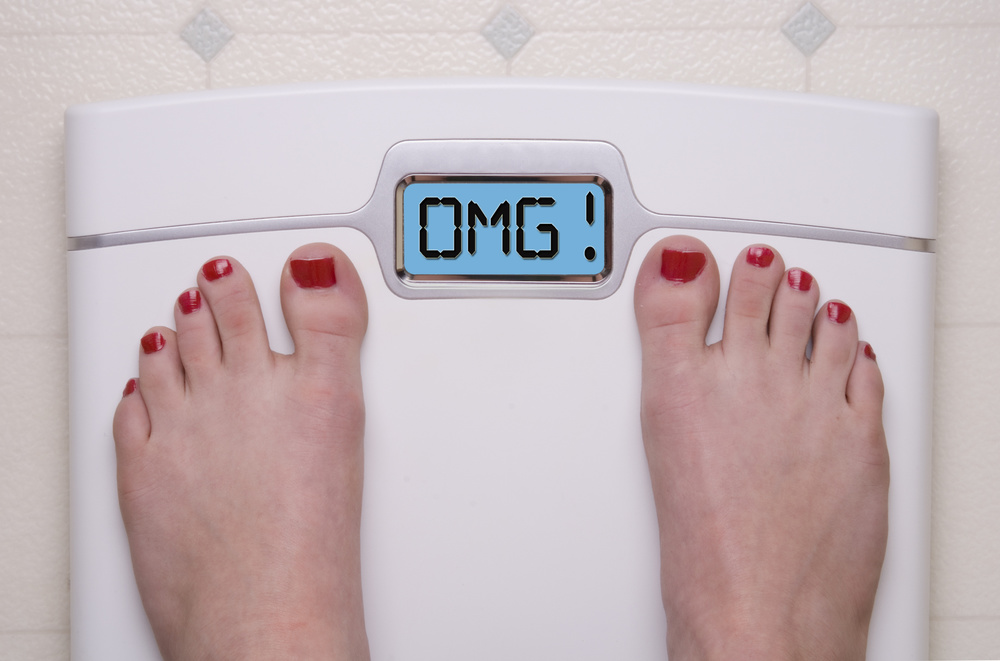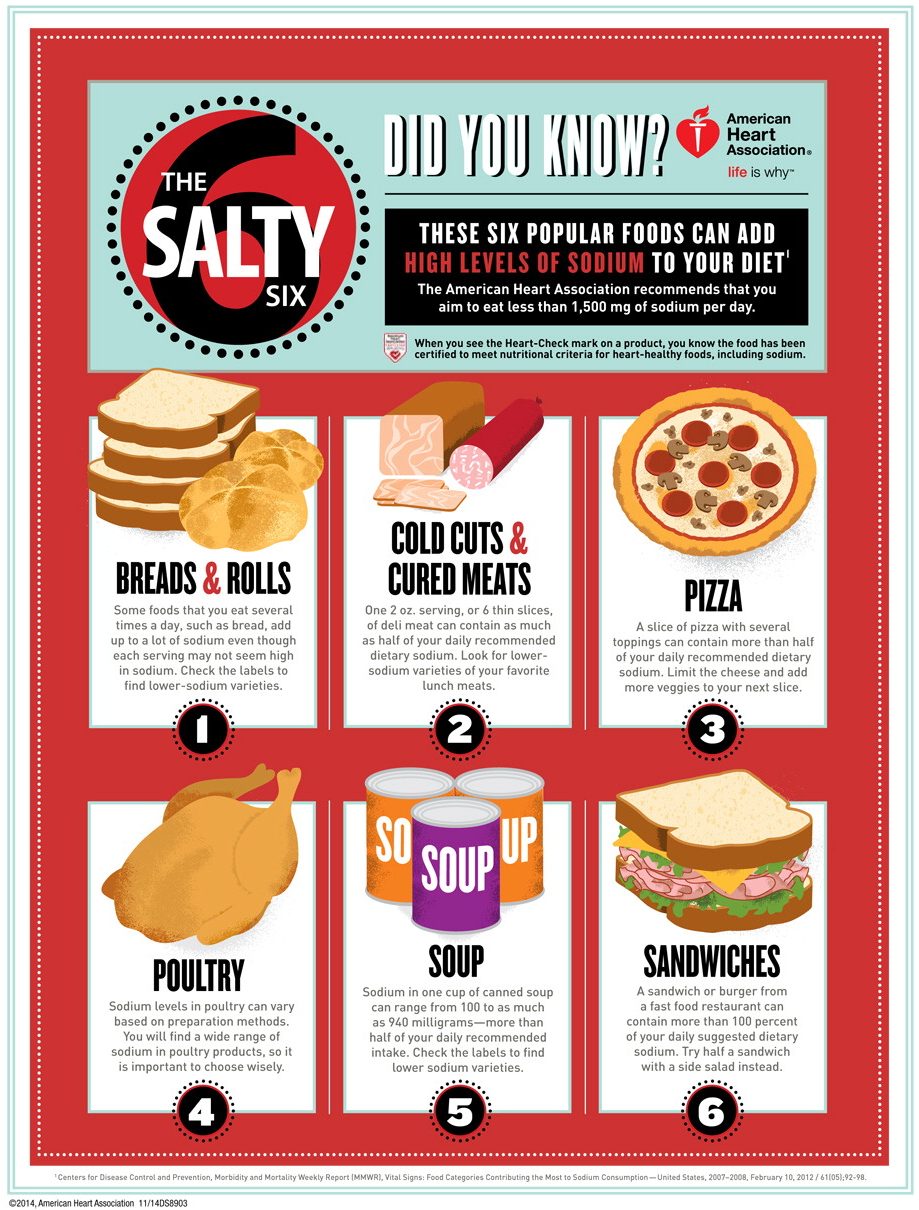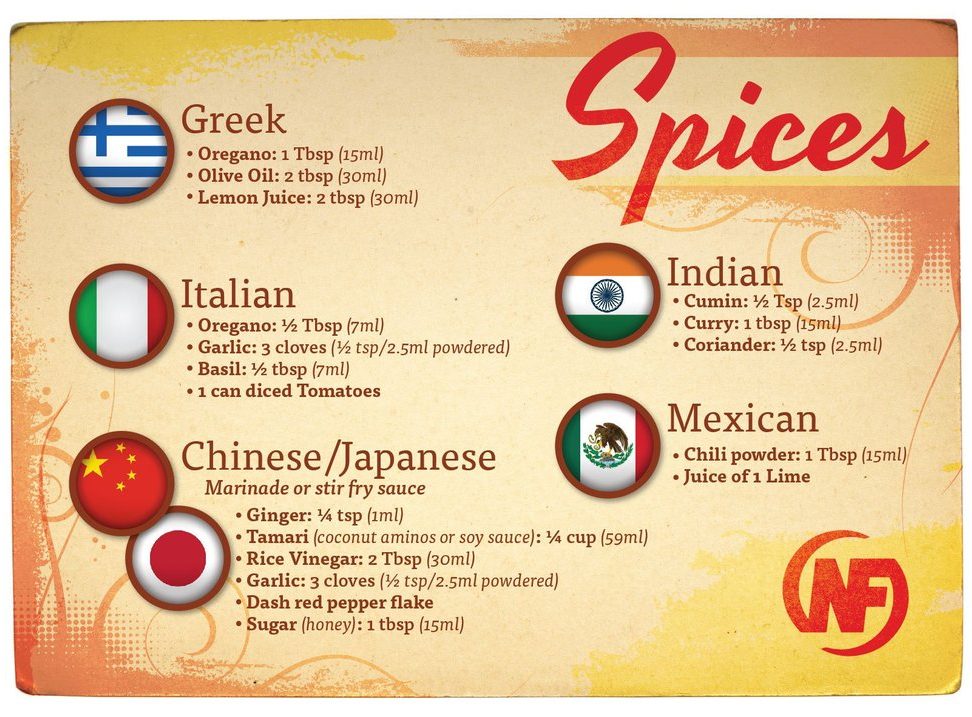You’re late for work, so you grab a breakfast sandwich from the corner coffee shop. Forgot to bring your lunch and have a presentation coming up? Fast food is just around the corner. All of these meals add up, and what do most of them have in common besides draining your wallet? High sodium content.
Most people know that having a high-sodium diet is bad, but can’t really tell you why. Now, don’t get me wrong, cutting all sodium out of your diet, besides being close to impossible, isn’t necessary or healthy. Taking some simple steps to simply limit your salt intake without sacrificing the flavor of your food can work wonders for your health.
The Effects of Sodium On The Body
Among all of the generic and unfounded diet advice you’ve gotten in your life, you’ve probably gotten an earful about sodium. “Sodium is bad.” “Sodium makes you gain weight.” Well, in this case they’re not wrong – but it’s important to know how and why sodium can harm your health. Here are some health defects a high-sodium diet (in excess of 2,400mg per day) increases the risk of developing:
Sodium Makes You Gain Weight
If you’re trying to live a healthy lifestyle and either gain muscle and stay lean or lose weight, eating heaps of salt will be extremely counterproductive. Think of how of a sponge soaks up and retains water – it does so because it is very porous (aka it contains a lot of holes).
A high-sodium diet goes against your body’s needs, and your body will fight back and try to regain equilibrium. The body regains equilibrium by retaining more water to try and dilute the sodium. This effectively turns your body into a sponge to soak up and retain water to balance out all of the sodium, which causes weight gain.
If you’re hitting the quick-and-easy food joints several times a week and you notice your shirts getting tighter, this could be one of the main culprits as to why.
Sodium Gives You High Blood Pressure
Have you ever driven on a highway in high-traffic? Nobody gets anywhere very fast, do they? That’s the eventual outcome of more and more cars coming onto the highway.
This is the effect sodium has on your blood vessels. The kidneys work hard to filter the sodium out of your blood vessels, but if you consume too much, it will build up and leave less room for the blood to flow. This makes your heart work much harder to circulate your blood, and stiffens the blood vessels.
This can lead to several diseases and other health defects such as high blood pressure, which itself can lead to heart disease, strokes and heart attacks – some really nasty stuff.
Kicking The Salt Addition
Salt is a hard thing to limit or take out of your diet because of one simple fact: it’s delicious. Many foods are flavored with salt, and the seasoning itself is a staple of cooking.
Most fast food is very high in sodium to cover up the subpar grade of the ingredients and make it good enough to keep customers coming back consistently. However, cutting some of the fast foods out of your diet, as well as some of the foods you eat at home that run a little high on the salt side, can get you closer to being heart healthy.
For some examples of everyday foods that are high in sodium, check out this detailed poster from the American Heart Association:
If you’re constantly on the go and simply don’t have time for meal prep, here’s an option: look up the nutritional facts for your go-to fast food joints and find the sodium content. Are your favorite selections from the menu high in sodium?
Maybe pick something on the menu with less sodium and skip the large Coke a few times a week. It’s a simple adjustment and doing this can add up to have a tremendous effect on both your water retention and blood pressure.
Also, speaking of a large Coke, the biggest adjustment to be made is the consumption of healthier alternatives to popular snacks and diet staples. Things that are high in sodium include deli meats, breakfast cereal, most canned foods containing meet (chili, corned beef, etc.), pastries, chips and crackers.
All of these foods add up and form a detriment to your body by way of sodium intake. Instead, reach for foods like unsalted nuts, peanut butter, fruits, vegetables, kale chips, yogurt and several other satisfying, low-sodium alternatives to popular snack foods.
“But what about cooking? I can’t cook without salt!”
Yes, you can! One of the best things (and one of my favorite things) about cooking is that you can find a workaround or substitute for pretty much anything, salt being no exception.
Here’s a hint, salt is a spice; people tend to think of salt and pepper as essential to every dish, but there are tons of spices out there to keep your food flavorful. While you’re experimenting, you might even find some new flavors that you didn’t know existed.
In addition to a smattering of spices, there are several small additions you can make to your dishes in terms of food to kick up the flavor in salt’s absence.
Onions and garlic are great flavor boosters, and are easy to add – simply chop and add to whatever else is in the pan. Wine is also a great flavor additive, once you learn to cook with it. Look up some recipes that call for wine to get a feel for its use in the kitchen. Infused oils, peppers, and mushrooms are also all great ways to put a little bit more flavor into your food while staying heart-healthy.
Check out these other great salt-alternatives to help add flavor to your meals and kick the salt addiction:
Image credit goes to NerdFitness.com
Final Thoughts
We get it, making lifestyle adjustments is hard, especially when you’re busy and the kids are hungry and your mom is calling and the rest of life is coming at you full force – but that’s no reason to take it out on your heart. An on-the-go lifestyle is becoming the standard, and convenience can determine a lot of decisions, but putting unnecessary strain on the thing that’s working its hardest to keep you alive is counterproductive.
Making some simple adjustments by cutting down the fast food, substituting unhealthy snacks with healthier alternatives and changing up your cooking by replacing salt with other foods and spices can make a world of different for your heart, your physique and your life.


